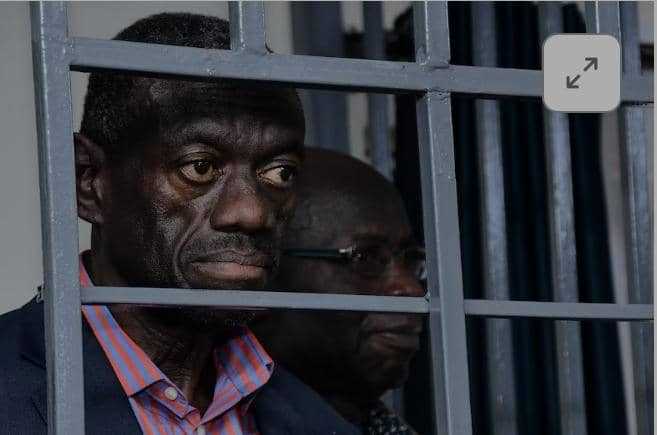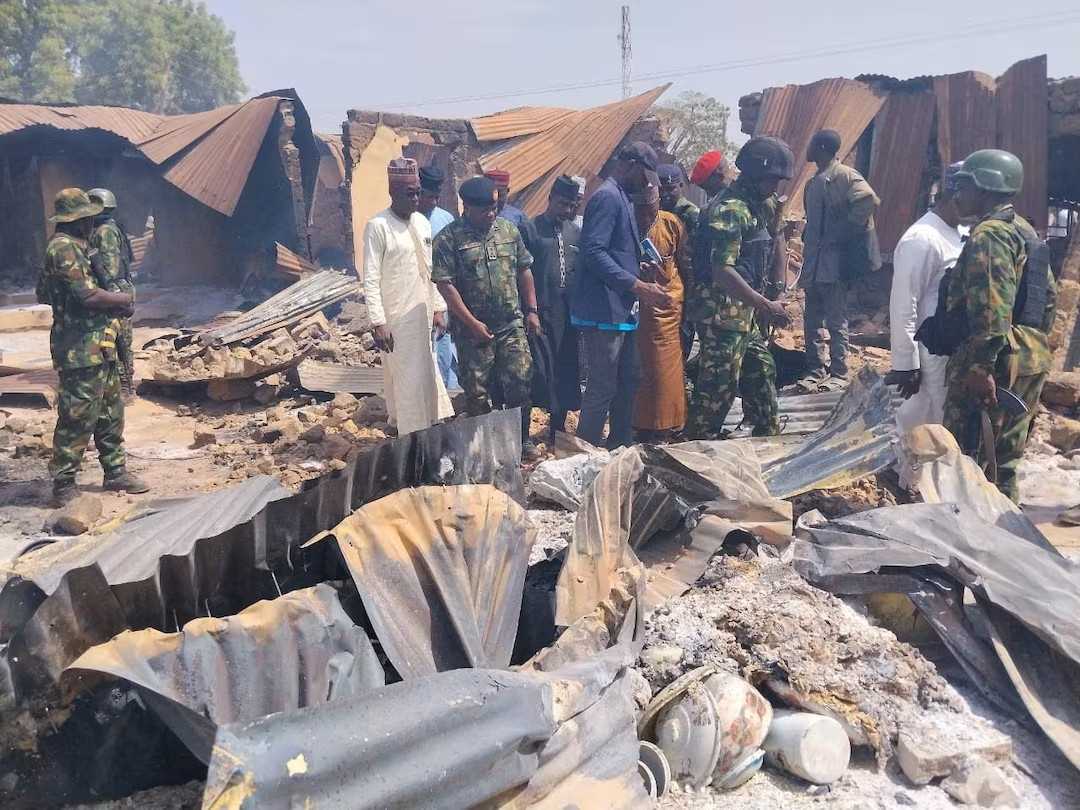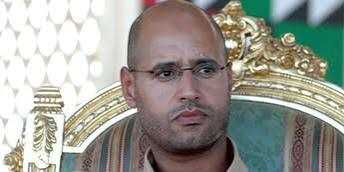
Zim Now Writer
Kenya's government is investigating the disappearance and subsequent transfer of Kizza Besigye, a prominent Ugandan opposition leader, from Nairobi to Uganda. The incident has drawn sharp criticism of Kenya’s ability to safeguard foreign dissidents residing within its borders.
Besigye, a longtime opponent of Ugandan President Yoweri Museveni, vanished from the Kenyan capital on Saturday. He resurfaced on Wednesday before a Ugandan military court, facing charges that included illegal possession of firearms.
According to Uganda’s government spokesperson, arrests outside Uganda are conducted in coordination with the host country, denying any role in abductions. However, Kenya’s Foreign Ministry Principal Secretary, Korir Sing’oei, referred to Besigye's transfer as an "abduction," asserting it was not sanctioned by the Kenyan government. He confirmed the matter is under investigation by Kenya’s Interior Ministry.
Related Stories
Court documents presented in Uganda allege that Besigye was found in possession of a pistol and ammunition in Nairobi's Riverside area. The documents claim he was working to undermine Uganda’s military security. Besigye’s wife, Winnie Byanyima, head of UNAIDS, dismissed the allegations, stating that her husband has not owned a gun in two decades. She criticized the military court trial, calling for civilian judicial proceedings.
The incident has reignited concerns about Kenya's human rights record. Critics point to recent instances where Kenyan authorities deported opposition figures. In July, 36 members of Besigye’s party were sent back to Uganda and charged with terrorism. Last month, Kenya deported four Turkish refugees to Turkey, sparking condemnation from the United Nations.
The U.N. High Commissioner for Human Rights, Volker Turk, demanded Besigye’s immediate release, condemning the use of military courts for civilian cases and urging an end to such abductions. U.S. Senator James Risch, ranking member of the Senate Foreign Relations Committee, also expressed concern, describing the case as a breach of international norms.
Besigye, a former ally of Museveni during Uganda’s guerrilla war in the 1980s, has become one of his fiercest critics, challenging him in four presidential elections. Besigye’s visit to Kenya was reportedly for a book launch, but his sudden transfer to Uganda has evoked memories of past cross-border renditions in East Africa.
The International Commission of Jurists described the incident as reminiscent of a darker period in the region's history when state-backed abductions were rampant. The controversy has fueled debates on Kenya’s role in protecting exiled dissidents and adherence to international law.




















Leave Comments